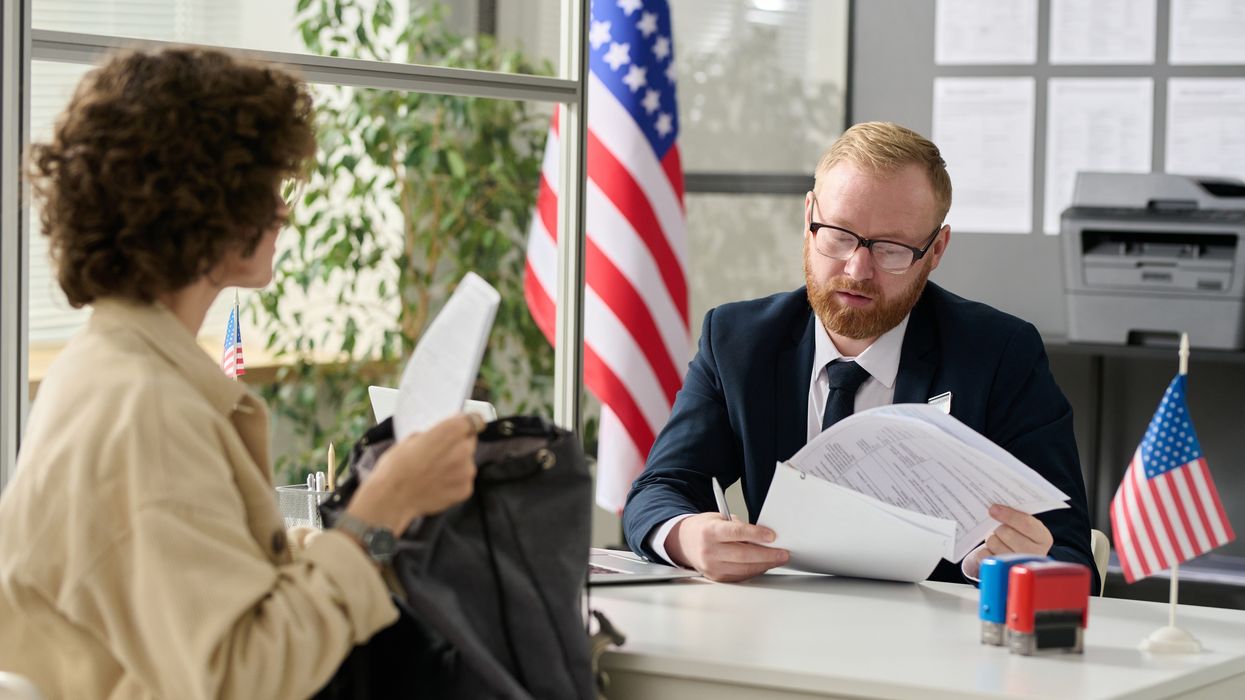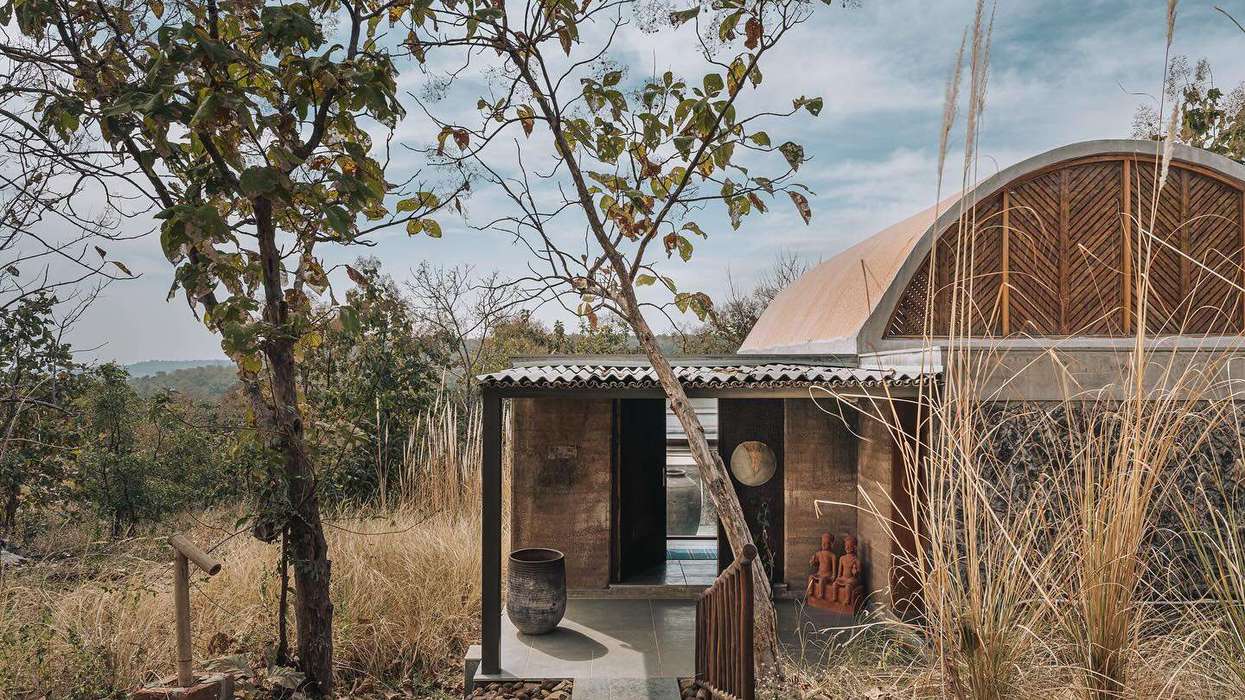Summary:
- The U.S. State Department updated the visa application process.
- The change ends faster visa appointments abroad.
- Applicants must now schedule interviews in their home country, affecting Indian travelers.
THE U.S. STATE Department recently updated the non-immigrant visa process, requiring B1 and B2 applicants to schedule interviews at a U.S. embassy or consulate in their country of citizenship or legal residence. The new rules are expected to delay visa processing, especially in high-demand countries like India, where long wait times affect travelers, students and temporary workers.
The new reform, part of President Donald Trump’s immigration measures, ends the option to book faster visa appointments abroad, a practice used during the COVID-19 pandemic. It also requires nearly all applicants, including children under 14 and adults over 79, to attend in-person interviews with a consular officer, reversing previous exemptions.
The rule affects Indian travelers needing urgent U.S. travel, as they can no longer request expedited B1/B2 interviews in other countries, Economic Times reported. Current wait times are three and a half months in Hyderabad and Mumbai, four and a half months in Delhi, five months in Kolkata and up to nine months in Chennai. However, there are exceptions: the rule does not apply in regions without routine NIV operations and some applicants may qualify for an interview waiver, including those renewing a full-validity B1, B2 or B1/B2 visa within 12 months of expiration, if they were at least 18 when the previous visa was issued.
The Trump administration implemented new vetting procedures and revoked visas for certain groups, including students, to tighten border control. The State Department said these measures aim to ensure thorough screening of all visa applicants to protect U.S. national security and public safety.
U.S. Commerce Department data shows Indian visitors to the U.S. fell 8 percent in June to 210,000, the first decline this millennium outside the COVID period.






